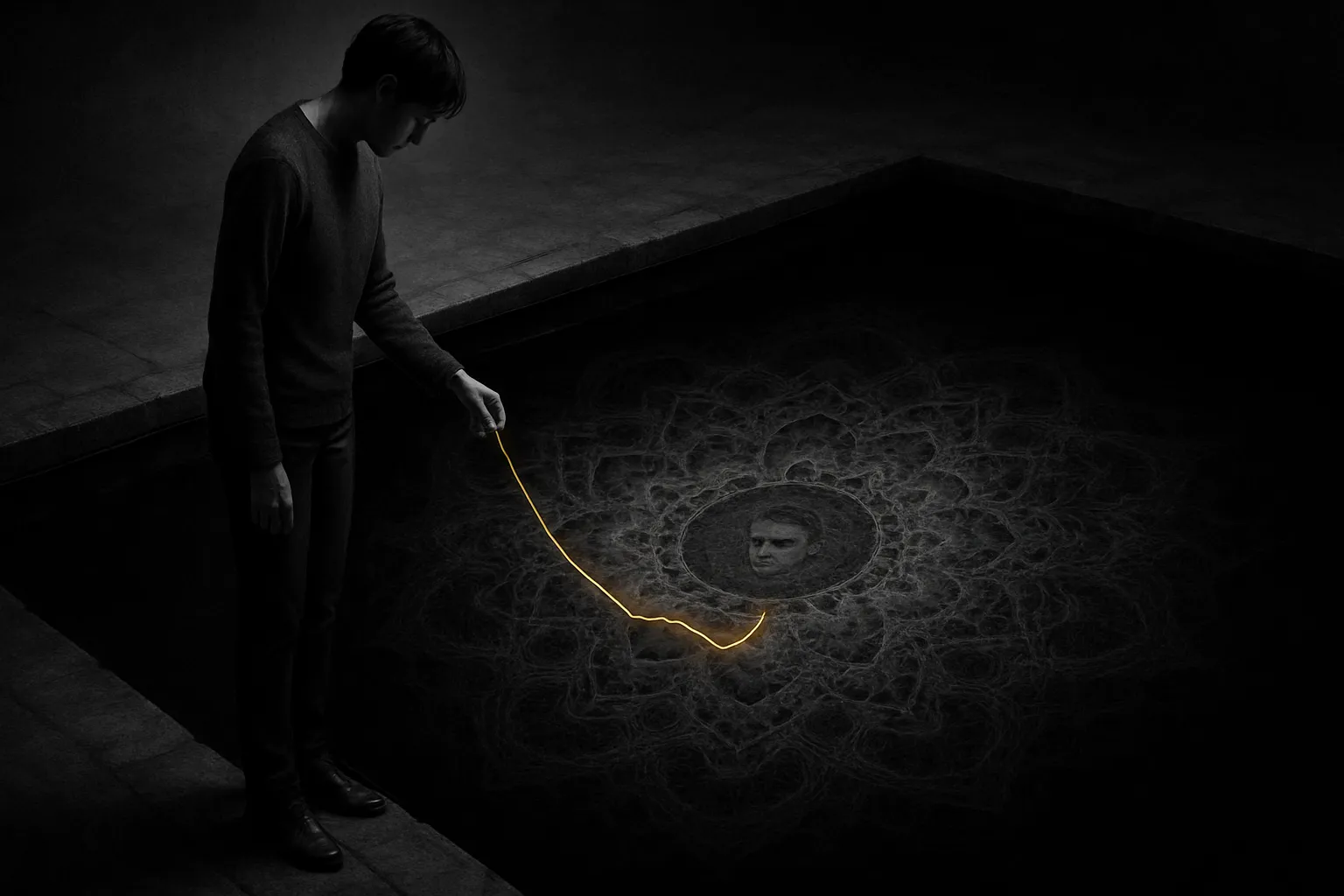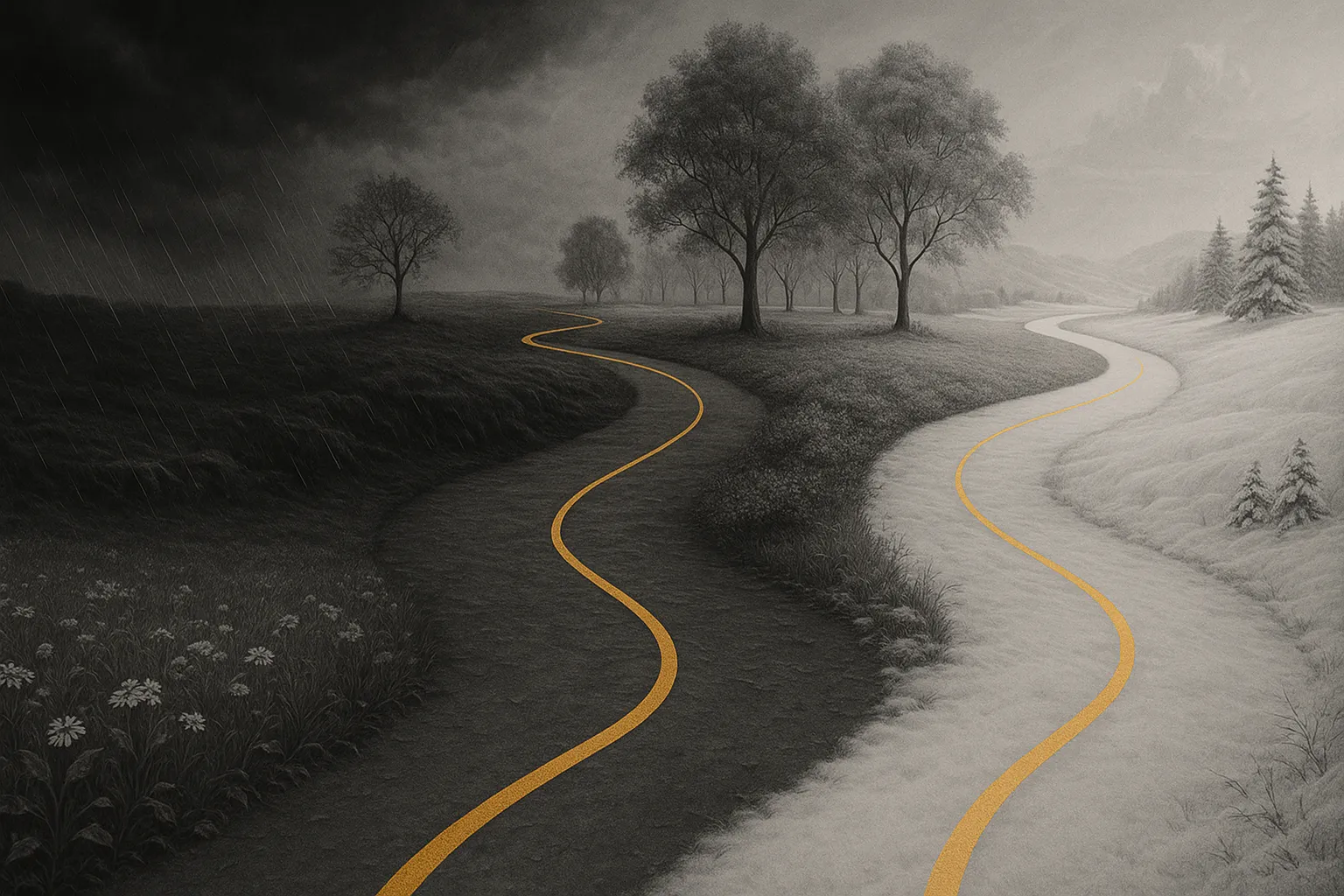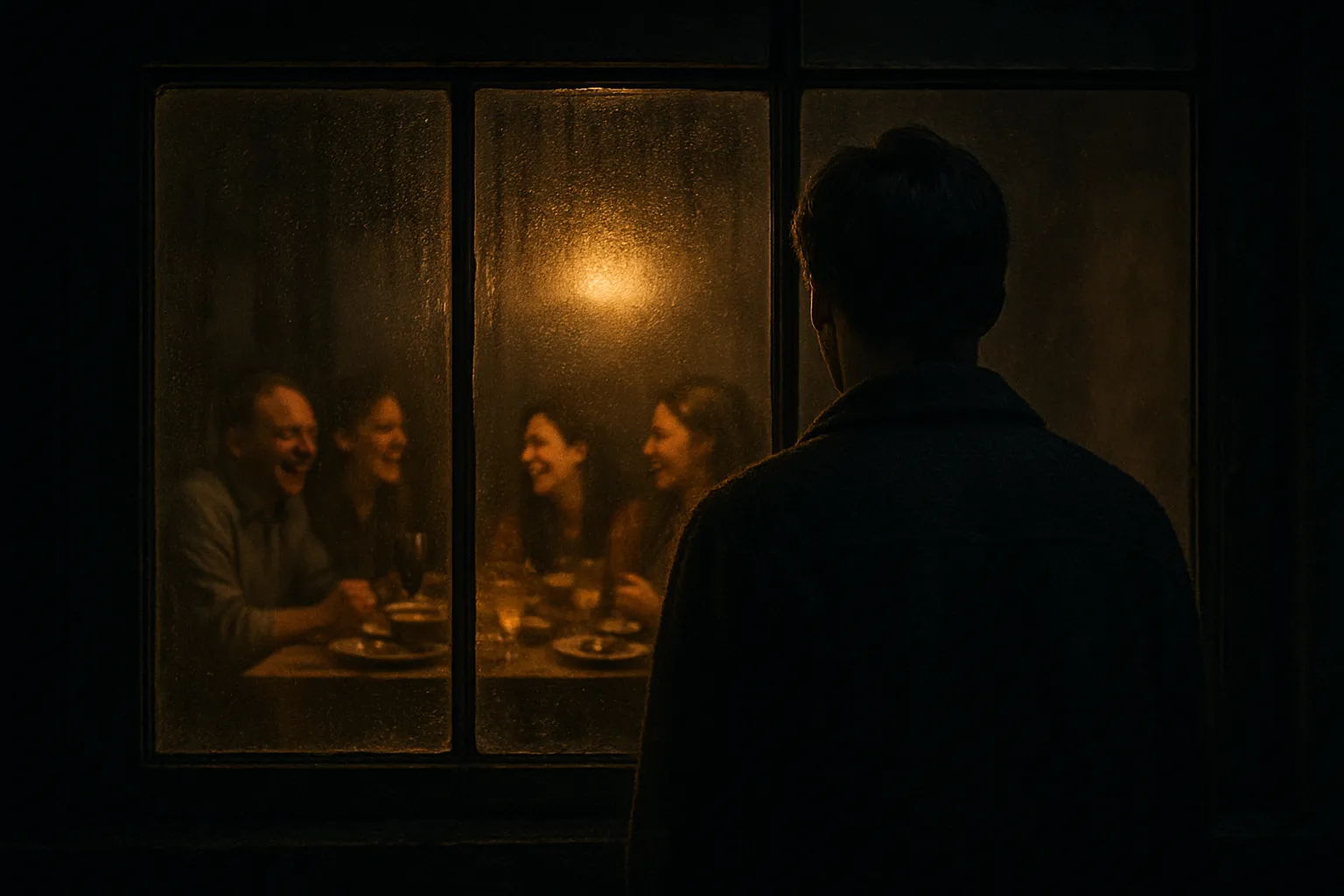Identifying Your Own Patterns: What Role Did You Play?

The Hardest—and Most Empowering—Question
In the aftermath of a breakup, it's natural and even necessary to focus on your ex's behavior. We analyze their flaws, their mistakes, and the ways they hurt us. This is a protective stage of grief. But once the initial storm of pain has passed, the bravest and most transformative work begins: turning the lens of inquiry around on ourselves. Asking "What role did I play?" is not about blaming yourself for the breakup. It is the ultimate act of reclaiming your power. While you can never control someone else's actions, you have absolute power to change your own. Identifying your recurring patterns is the key to ensuring your next relationship is healthier, happier, and more aligned with the love you truly deserve.
Beyond Blame: The Power of Radical Responsibility
Let's be clear: this is not about taking responsibility for your ex's bad behavior, such as dishonesty or abuse. It *is* about taking radical responsibility for your own choices, reactions, and contributions to the relationship dynamic. If you find yourself repeatedly in similar situations—dating the same type of emotionally unavailable person, ending up in the same arguments, feeling the same kind of unheard—then you are the common denominator. Identifying your pattern is the first step to breaking a cycle you may not even realize you're in.
The Common Denominator: Identifying Your Recurring Patterns
Self-reflection requires honesty and compassion. Read through these common relational patterns and see if any resonate with you, without judgment.
- The Fixer/Rescuer: Are you consistently drawn to partners you feel you can "save"? People who are struggling with their career, finances, or emotional health? This pattern often stems from a subconscious belief that you must earn love by being useful or needed.
- The People-Pleaser/Chameleon: Do you find yourself abandoning your own hobbies, opinions, and even friends to become the person you think your partner wants you to be? This often comes from a deep-seated fear of rejection and a belief that your authentic self is not lovable.
- The Anxious Pursuer: When you sense distance from a partner, do you panic? Does this lead to a flurry of texts, calls, and demands for reassurance that often ends up pushing them further away? This is a classic anxious attachment pattern.
- The Conflict Avoider: Do you consistently swallow your own needs and feelings to keep the peace? Do you say "I'm fine" when you're not? This avoidance leads to a slow build-up of resentment that eventually poisons the relationship from within.
- The Red Flag Explainer: Do you have a history of seeing clear warning signs early in a relationship—jealousy, inconsistency, dismissiveness—but choosing to ignore them, make excuses for them, or focus on the person's "potential" instead of their reality?
Your Relationship Autopsy: Gentle Questions for Self-Discovery
To uncover your patterns, you need to become a gentle investigator of your own past. Use these journaling prompts to guide your reflection. Approach them with curiosity, not criticism.
- In my past relationships, what is a common feeling I often end up with (e.g., feeling unheard, taken for granted, anxious, responsible for their happiness)?
- What is a common theme in my breakups? What is the recurring reason things end?
- At what point in a relationship do I tend to get scared or want to pull away? What is the trigger?
- What needs of mine do I consistently sacrifice for the sake of maintaining a relationship?
- What qualities in a partner am I initially attracted to, and do those same qualities later become a source of conflict? (e.g., attracted to their "free spirit," later frustrated by their lack of stability).
From Unconscious Pattern to Conscious Choice
Identifying your patterns is not an exercise in self-flagellation. It is an act of profound self-awareness and self-love. You cannot change a behavior you do not acknowledge. By bravely examining your role in your relationship history, you are taking the reins of your own love life. You move from being a passive participant in a recurring story to being the active author of a new one. This is how you stop repeating the past and start creating a future where you are not just loved by someone else, but are also deeply, authentically, and powerfully aligned with yourself.


